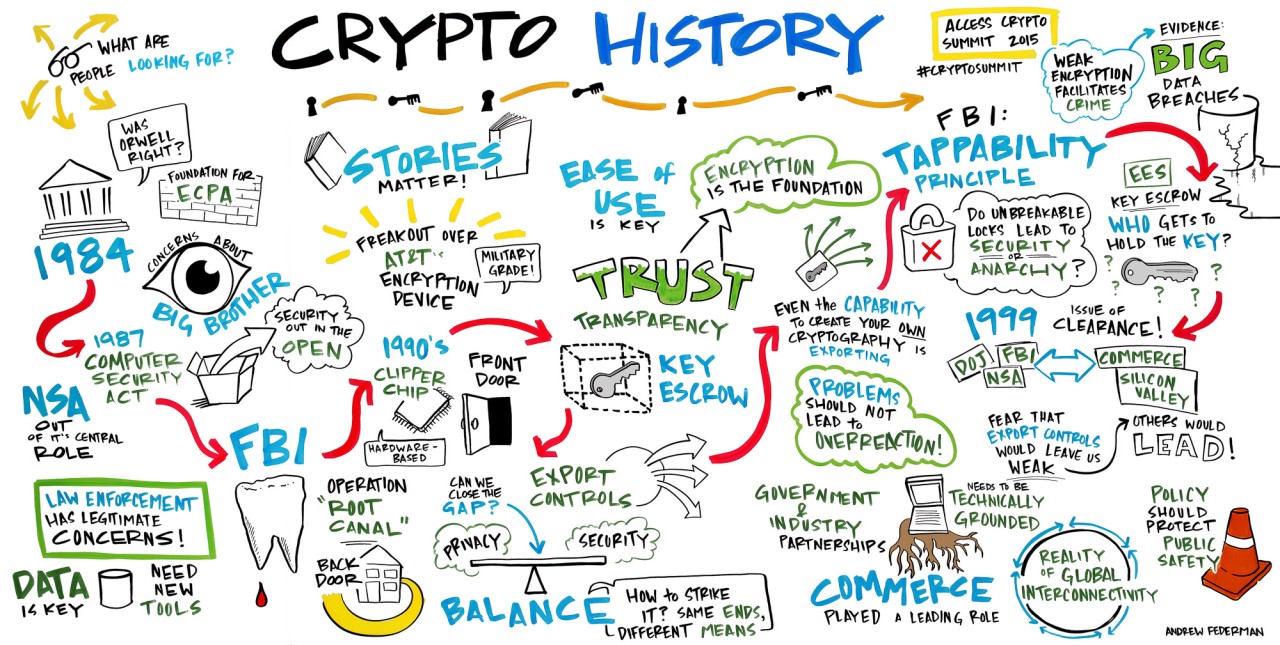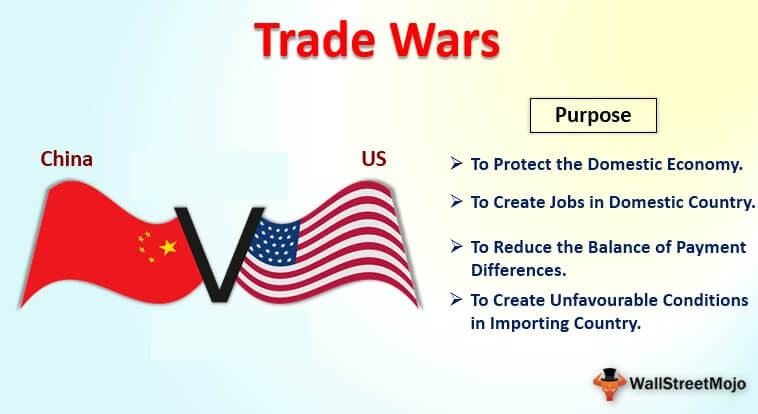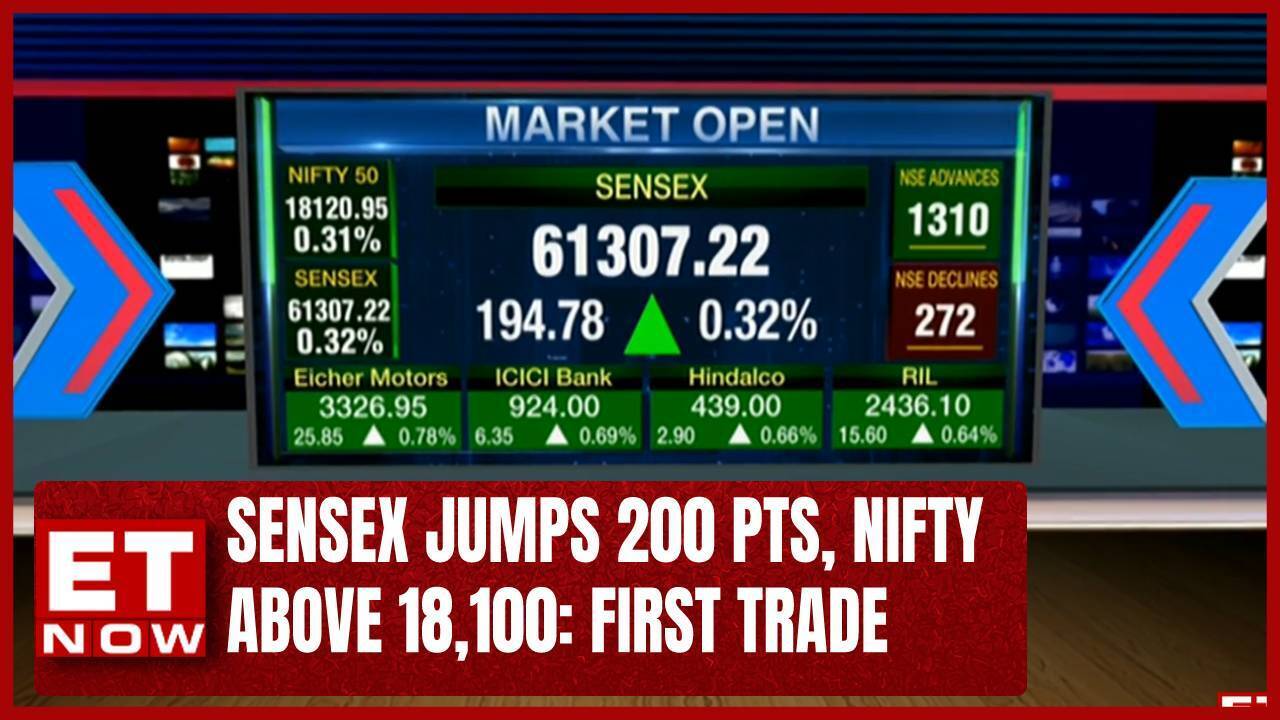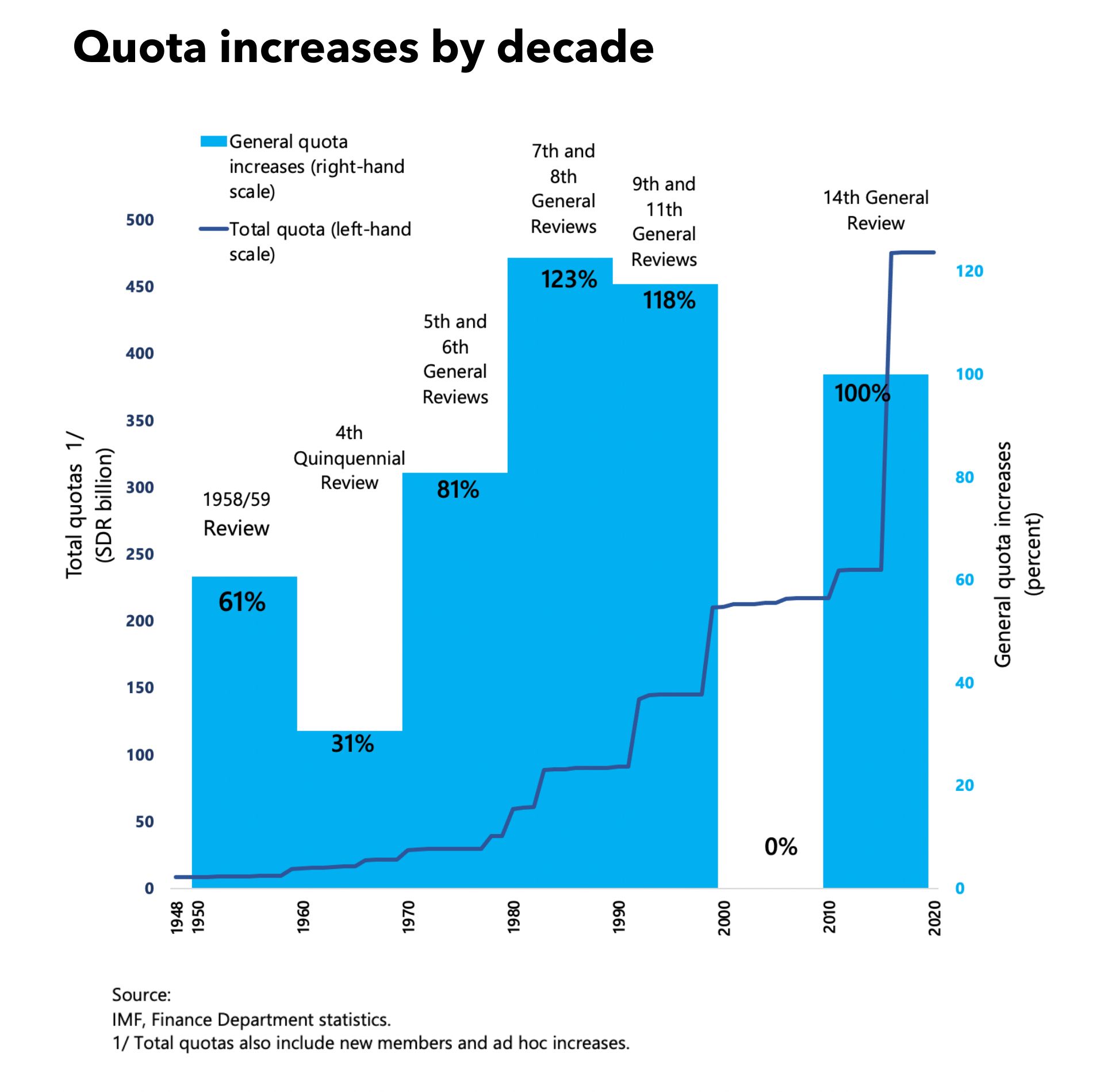Analyzing The Impact Of Trade Wars On Cryptocurrencies

Table of Contents
Trade Wars and Increased Geopolitical Risk
Trade wars significantly increase geopolitical risk, impacting investor confidence globally. When countries engage in tariff battles and trade restrictions, uncertainty rises, prompting investors to reassess their portfolios. This uncertainty often leads to capital flight from traditional markets like stocks and bonds, as investors seek safer havens for their assets.
- Increased uncertainty leads to capital flight from traditional markets. Investors become hesitant to invest in assets perceived as vulnerable to the unpredictable outcomes of trade disputes.
- Investors seek assets perceived as less vulnerable to geopolitical risks. This search for stability pushes capital towards assets historically considered safe havens, like gold.
- Gold historically acts as a safe haven; cryptocurrencies are emerging as a potential alternative. While gold maintains its traditional safe-haven status, cryptocurrencies, with their decentralized nature, are increasingly considered a potential competitor.
- Volatility in crypto markets remains a significant factor. Despite their potential as safe havens, cryptocurrencies are notoriously volatile, posing both opportunities and considerable risks for investors.
Impact on Fiat Currencies and Cryptocurrency Adoption
Trade wars can significantly devalue national currencies, particularly in countries heavily involved in the conflict. This devaluation can drive increased adoption of cryptocurrencies as a more stable alternative, especially in emerging markets. Furthermore, the inherent nature of blockchain technology facilitates cross-border payments, effectively bypassing traditional banking systems often hampered by trade restrictions.
- Devaluation of fiat currencies can increase demand for alternative stores of value. When a national currency loses value, individuals may seek assets that maintain or increase their purchasing power.
- Cryptocurrencies offer a decentralized, borderless payment system. This characteristic is particularly appealing in situations where traditional banking systems are affected by trade restrictions or sanctions.
- Increased adoption in emerging markets experiencing currency instability. Countries facing economic turmoil due to trade wars may witness a surge in cryptocurrency usage as individuals seek to protect their wealth.
- Blockchain technology's role in circumventing trade barriers. The decentralized nature of blockchain allows for faster and cheaper cross-border transactions, independent of traditional banking infrastructure.
The Role of Cryptocurrencies as a Safe Haven Asset (or not)
The question of whether cryptocurrencies truly function as a safe haven asset during times of trade war remains a subject of ongoing debate. While some argue that their decentralized nature and lack of correlation with traditional markets make them ideal safe havens, others point to their inherent volatility as a significant risk factor.
- Debate on cryptocurrencies' status as a safe haven asset. The evidence is not conclusive, and the relationship between cryptocurrency prices and trade tensions is complex.
- Analysis of historical price movements during trade war periods. Historical data needs careful scrutiny to determine correlations between trade wars and cryptocurrency performance.
- Correlation analysis with traditional market indices. Understanding the correlation (or lack thereof) between cryptocurrency prices and traditional markets during trade wars is crucial for risk assessment.
- Strategies for incorporating cryptocurrencies into a diversified portfolio. For those willing to accept the volatility, carefully considered diversification strategies could potentially leverage cryptocurrencies to mitigate risks associated with traditional assets.
Regulatory Response and its Impact
Government responses to increased cryptocurrency usage during trade wars are crucial to consider. Increased regulatory scrutiny, capital controls, and taxation policies can significantly influence cryptocurrency markets. The impact of these measures varies considerably across nations, reflecting differing approaches to cryptocurrency regulation.
- Increased regulatory scrutiny of cryptocurrency exchanges and trading activities. Governments may tighten regulations to monitor capital flows and prevent the circumvention of trade restrictions.
- Implementation of capital controls to restrict capital flight. Governments might impose restrictions on cryptocurrency transactions to manage capital outflows.
- Taxation policies on cryptocurrency gains and transactions. Clear and consistent tax policies are essential to manage the financial implications of cryptocurrency usage.
- Varying regulatory approaches across different countries. The global regulatory landscape for cryptocurrencies is fragmented, leading to diverse responses to the challenges posed by trade wars.
Conclusion
The relationship between trade wars and cryptocurrencies is complex and multifaceted. While cryptocurrencies offer potential as safe haven assets and tools to bypass trade barriers, their inherent volatility remains a key consideration. The regulatory response to their increased use during trade disputes also significantly impacts the market. Further research and analysis are necessary to fully understand the long-term effects.
Call to Action: Stay informed about the evolving landscape of global trade and its impact on your cryptocurrency investments. Continue to analyze the impact of trade wars on cryptocurrencies to make informed decisions in this dynamic market. Learn more about effectively managing your cryptocurrency portfolio during times of geopolitical uncertainty.

Featured Posts
-
 Chinese Goods And Trade Wars The Impact On Bubble Blasters And Beyond
May 09, 2025
Chinese Goods And Trade Wars The Impact On Bubble Blasters And Beyond
May 09, 2025 -
 Sensex Jumps 200 Points Nifty Hits 18 600 Stock Market Update
May 09, 2025
Sensex Jumps 200 Points Nifty Hits 18 600 Stock Market Update
May 09, 2025 -
 Kaitlin Olson And The Return Of High Potential Shows On Abc In March 2025
May 09, 2025
Kaitlin Olson And The Return Of High Potential Shows On Abc In March 2025
May 09, 2025 -
 Indias Rise Global Power Ranking Shifts
May 09, 2025
Indias Rise Global Power Ranking Shifts
May 09, 2025 -
 Ghettoisation Concerns Rise As Caravans Flood Uk City
May 09, 2025
Ghettoisation Concerns Rise As Caravans Flood Uk City
May 09, 2025
